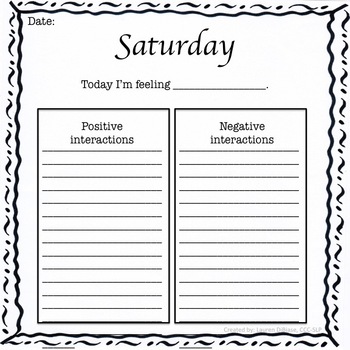

REFLECTIONS SOCIAL WORK JOURNAL PROFESSIONAL
What qualifies as a critical incident is not rigidly defined but the event should be important or significant in some way to the practitioner and should offer the opportunity for professional learning (Fook & Gardner, 2007, p. I now recognise the ensuing conversation as a ‘critical incident’ that changed my learning and the way that I thought about the staff and my placement setting. My vague sense of unease and concern about Alice and her general well-being crystalized early one morning as I arrived at work to find Alice upset and in tears in the communal lounge. I noted this in my journal and tried to “…think, to be self-aware and to question…” as a first step towards reflecting on practice (Rutter & Brown, 2012, p. As the initial phase of my placement progressed I became increasingly aware of Alice’s persistent and chronic low self-esteem and her tendency to depressive episodes. I observed during my early conversations with Alice that she often seemed subdued and that her mood fluctuated unpredictably. This often means that residents have little consistency and no control over who they live with, resulting in an enforced togetherness that can lead to feelings of insecurity, anxiety and fear (Bengtsson-Tops, et al., 2014). The very nature of this type of accommodation means that the population is transient. In virtually all cases the people that live at the project either have an underlying mental health condition or experience drug or alcohol misuse, often there are a combination of these factors.

My initial observations and impressions of the hostel were largely defined by the levels of socio-economic deprivation that dominate many of the residents’ lives. I will also attempt to view Alice’s life, and my professional relationship with her, from a broader social work perspective. I will seek to examine and reflect on my interactions with Alice, primarily by applying a reflective model to a ‘critical incident’. The case study will explore core social work tenets including relevant knowledge and skills, critical reflection, processes of oppression and discrimination, communication and partnership working. This assignment is based on my work with one particular resident who I will refer to using the pseudonym ‘Alice’. I am currently on placement in a Supported Housing Hostel for adults in Cambridgeshire. Adrian is studying for an MA at Anglia Ruskin University and he was nominated by his lecturer Dr Wendy Coxshall. This essay was written by Adrian Bloxham and was the winning social work entry in this year’s Critical Writing Prize 2019.


 0 kommentar(er)
0 kommentar(er)
